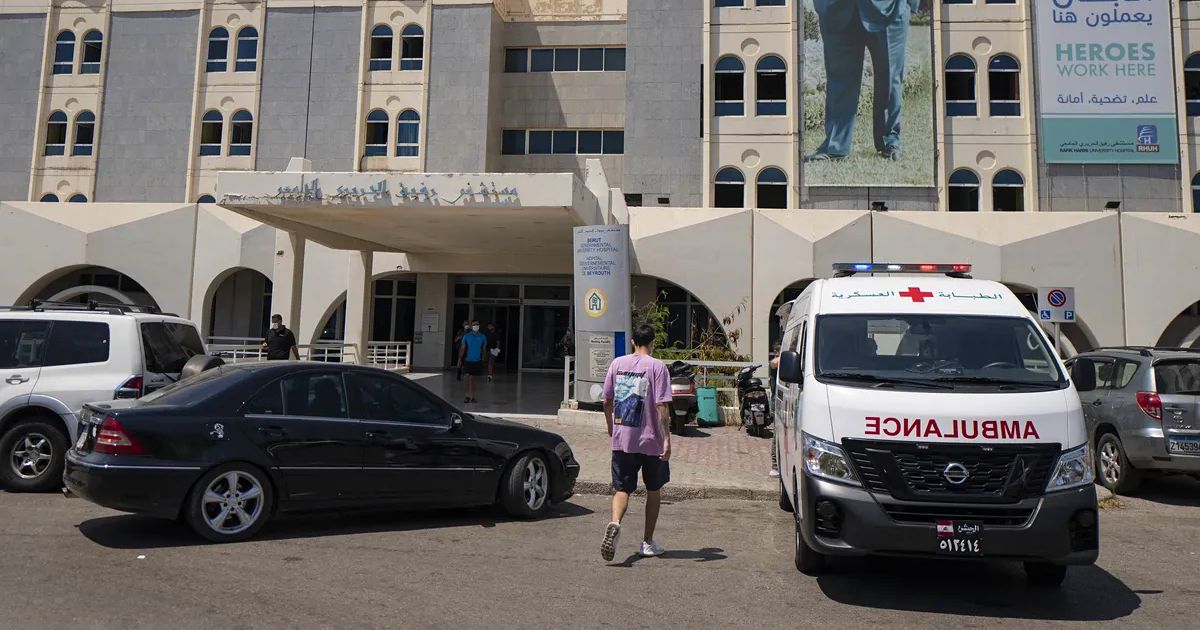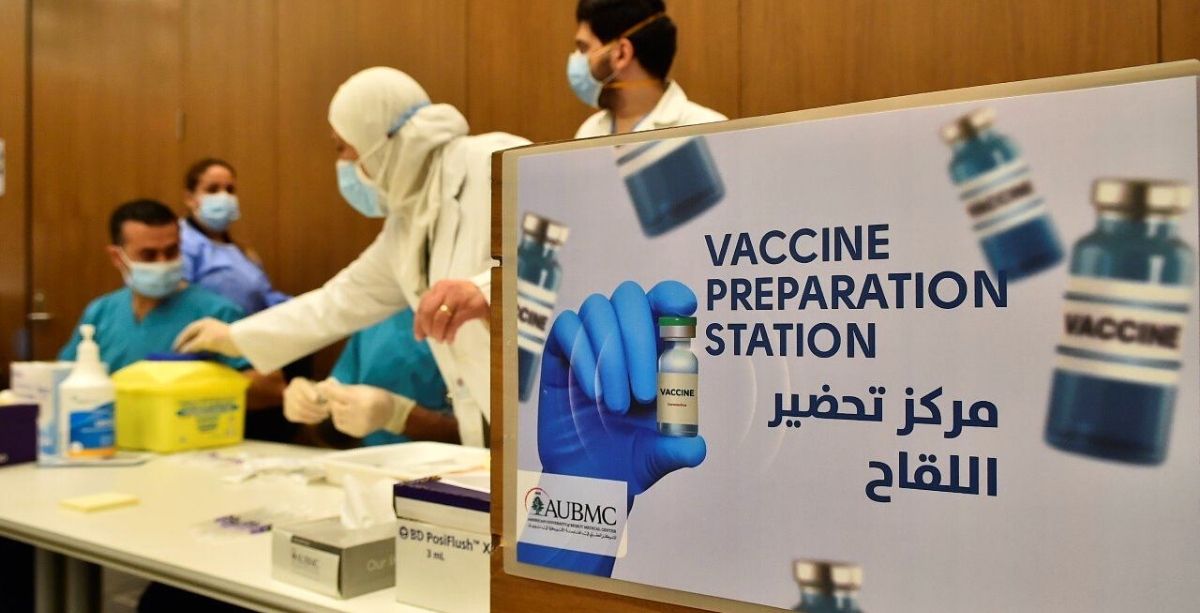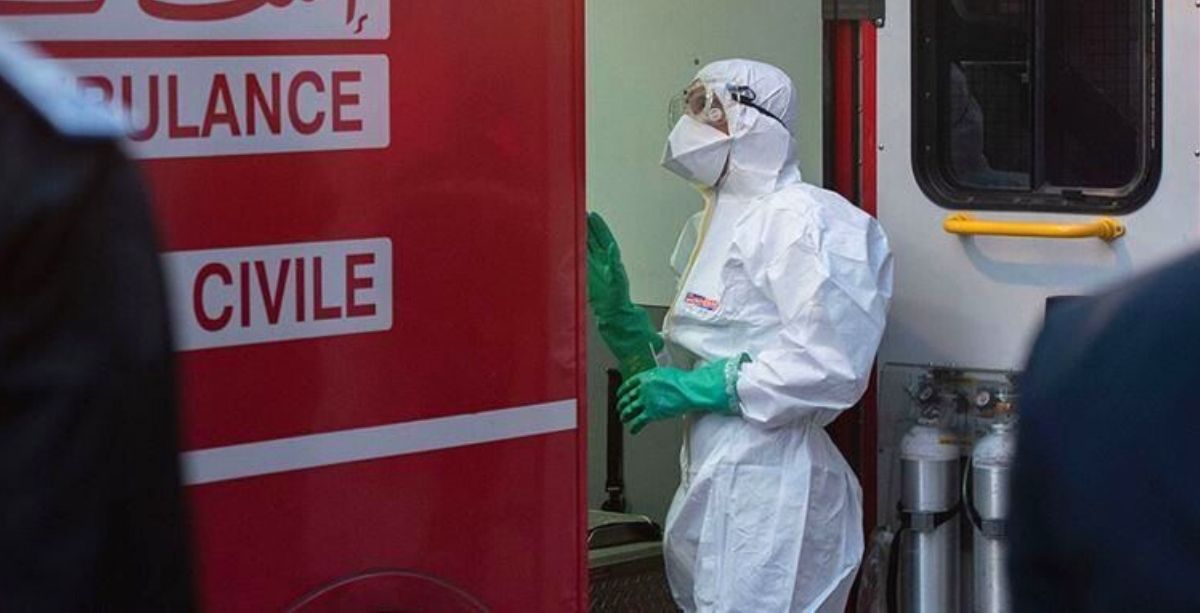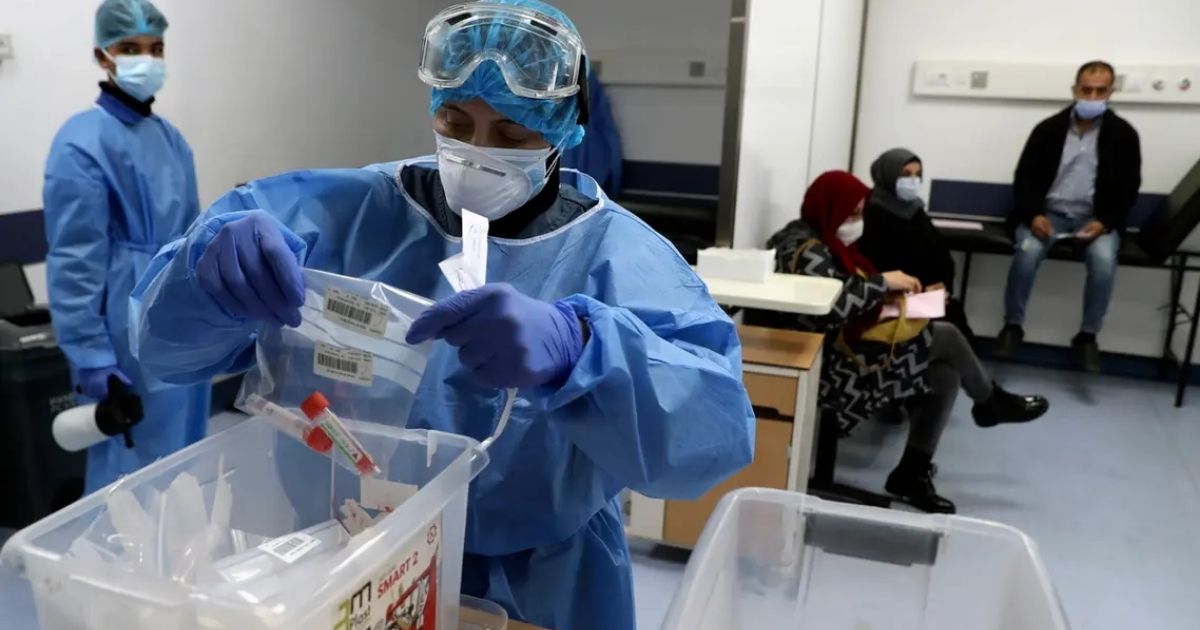As its death toll rises in the world and health authorities race to create a cure for it, the Wuhan coronavirus is triggering red alerts worldwide.
In the countries that have so far remained safe from the reach of the viral outbreak, preventive measures are paramount. The Lebanese Red Cross (LRC), on its part, is raising awareness about the lethal virus.
Here’s everything you need to know about the symptoms and stages of coronavirus, and what you can do to prevent contracting it, according to the LRC:
A. Signs and Symptoms
The initial symptoms of the Wuhan coronavirus are very much like those of a common cold. The infection occurs at the level of the respiratory system, mainly causing fever, cough, and difficulty breathing.
However, the absence of certain upper respiratory tract symptoms (generally) that usually manifest with a common cold, such as a runny nose and sneezing, distinguishes this novel coronavirus from related viruses.
That is not to say that the presence of such signs entails the absence of this virus; always take precautions (explained below) and seek medical attention if you experience any of these symptoms.
B. Complications
Although a Wuhan coronavirus infection begins like that of a common cold or flu, its dangerous implications lie in the later stages of development. Pneumonia (severe inflammation of the lungs) is the first of these stages.
After Pneumonia, the sometimes-lethal Severe Acute Respiratory Syndrome (SARS) hits the body causing an intense fever and severe breathing difficulty. The final complication of this disease, which often develops further and ultimately leads to death, is kidney failure.
C. Main Contraction Routes
The novel coronavirus is mainly contracted through the air from viral particles transmitted through coughs and sneezes. The particles can also be transmitted through personal skin contact with infected individuals with activities such as shaking hands.
Similarly, unprotected contact with objects and surfaces that bear infectious viral particles, in addition to (rarely) fecal matter, can also be a mode of transmission for the virus.
D. Prevention
Because the coronavirus disease is life-threatening, it is imperative to take preventive measures to avoid contracting it. As advised by the Lebanese Red Cross, these measures include:
- Frequent handwashing and sanitization.
- Avoiding unprotected contact with farm or live animals.
- Avoiding close contact with people showing cold or flu-like symptoms.
- If you’re sick, maintaining distance and covering coughs and sneezes with tissues or the crook of the elbow.
- Ensuring that food is well cooked.
E. Treatment
No specific cure or vaccine has been developed for the Wuhan coronavirus so far. International medical efforts are currently being made to put an end to its deadly outbreak. However, many of its symptoms can be treated according to the patient’s clinical conditions.
Some home remedies used to relieve some of the symptoms include:
- Taking over-the-counter medicines for pain, fever, and cough. (Do not give aspirin to children, and do not give cough medicine to children under four.)
- Using a room humidifier or taking a hot shower to help ease a sore throat and cough.
- Getting plenty of rest.
- Drinking more fluids.
Thankfully, at the time of writing, no cases of coronavirus infection have been recorded in Lebanon. The claims that spread on social media recently were denied by AUB Medical Center and the World Health Organization.
Nonetheless, it is necessary to follow these guidelines at these critical times to avoid a coronavirus epidemic in Lebanon.












